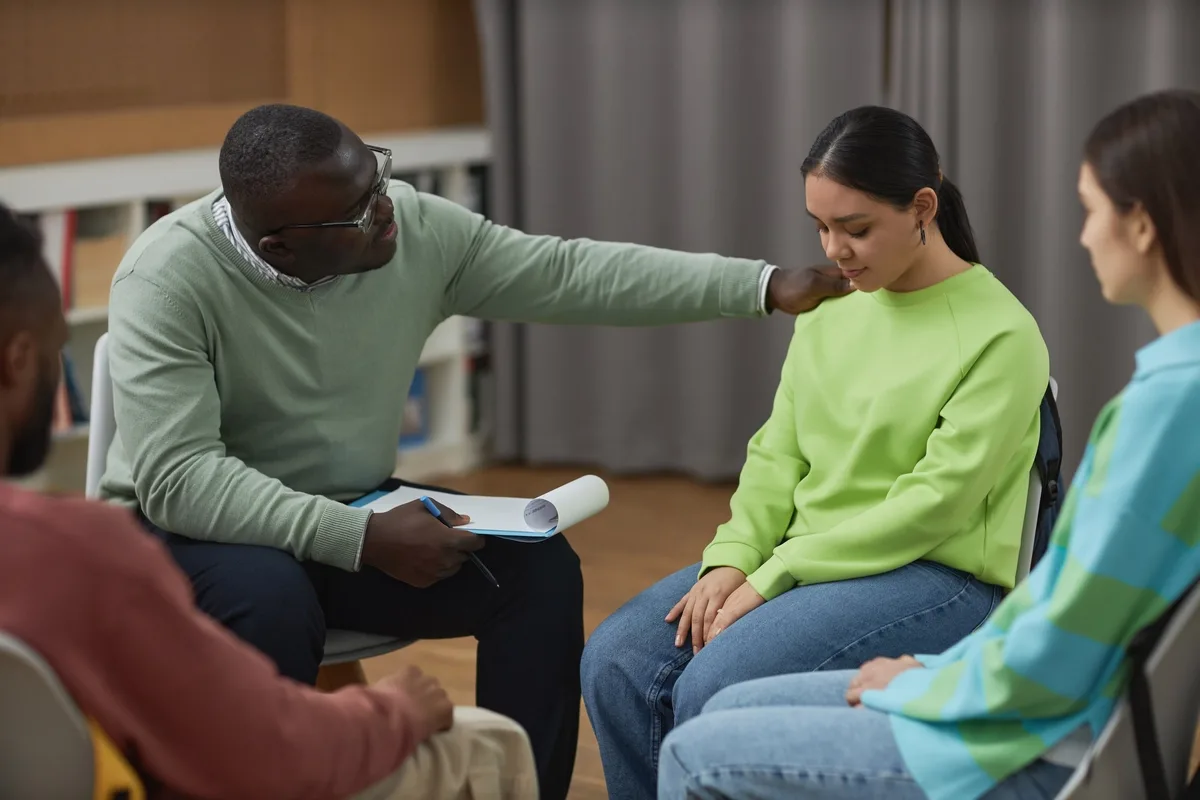24/7 Helpline:
(866) 899-221924/7 Helpline:
(866) 899-2219
Learn more about Medication-assisted Treatment centers in Goodhue County
Medication-assisted Treatment in Other Counties

Other Insurance Options

Amerigroup

Molina Healthcare

Group Health Incorporated

Lucent

Covered California

Optima

Evernorth

Excellus

American Behavioral

Absolute Total Care

UnitedHealth Group

BlueShield

State Farm

Choice Care Network

Sutter

Meritain

GEHA

Medical Mutual of Ohio

PHCS Network

Anthem





































































Wenden Recovery Services
Wenden Recovery Services is a private rehab located in Red Wing, Minnesota. Wenden Recovery Services...

Common Ground Treatment
Common Ground Treatment is a private rehab located in Red Wing, Minnesota. Common Ground Treatment s...

Southern Highlands CMHC
Southern Highlands CMHC is a private rehab located in Welch, West Virginia. Southern Highlands CMHC ...

Southern Highlands Community Mental Health Center
Southern Highlands Community Mental Health Center offers regular physician's services, OBMAT, DUI cl...


















































